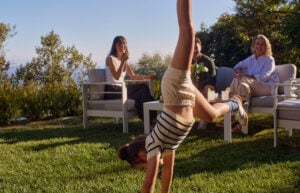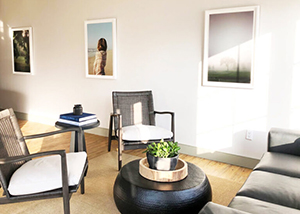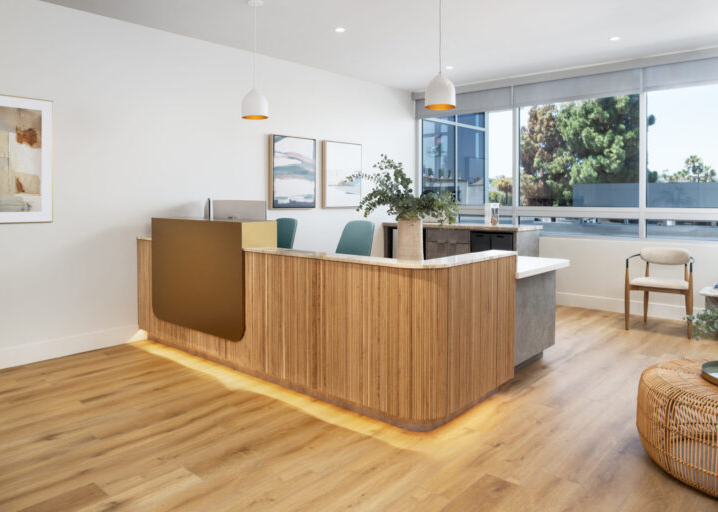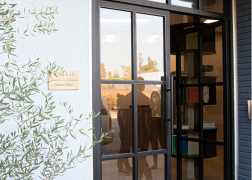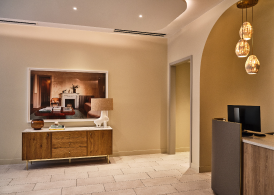What is interstitial cystitis, and when were you diagnosed with it?
Interstitial cystitis is a painful, chronic bladder condition. I was diagnosed when I was having surgery for kidney removal, which was about five years ago.What triggers it, and what sort of treatments have you tried? What would you say has been more useful—traditional remedies or more holistic ones?
What triggers it? I think a shorter question would be what doesn’t trigger it? Because there are so many triggers and day-to-day things, whether that’s alcohol, caffeine, my favorite and spicy foods, or a big one: stress. If you’re sick or run down, that can trigger it, too. I’ve tried basically every treatment out there. I’ve been doing installation into my bladder, which is basically putting the medication into my bladder. I’ve taken it orally and I’ve kind of tried everything. But that’s what’s so tricky about this illness—there’s not really that one “take a pill and you’re done and you feel better.” It’s been a long journey of trying to find what works. I try and do everything I can to live a healthy lifestyle so I’m not flaring all the time, but it’s tricky. So if you have anything out there, let me know! I think it’s about listening to my body and eating right, acupuncture, and doing all the holistic things, supplements, exercise—and then at the end of the day, there are things you need medication for.How has interstitial cystitis affected your day-to-day life, from your career, to your friendships, to your emotional well-being?
I think it’s just made work and traveling a little tougher, you know? Always spending a lot of time at the doctor is not fun. It takes a big portion of my time, and on the relationship side, it’s not being able to meet friends out for drinks or miscommunication when I am not feeling good and them thinking, She’s in a bad mood, or this and that. So it’s really affected me. But I think I’m finally at the point with this illness of knowing how to communicate it with other people.“I've always shown a pretty picture and I'm ready to share a little more. You can be the picture perfect person and still have chronic illness and deal with a lot of pain, whether it's mental or physical.”
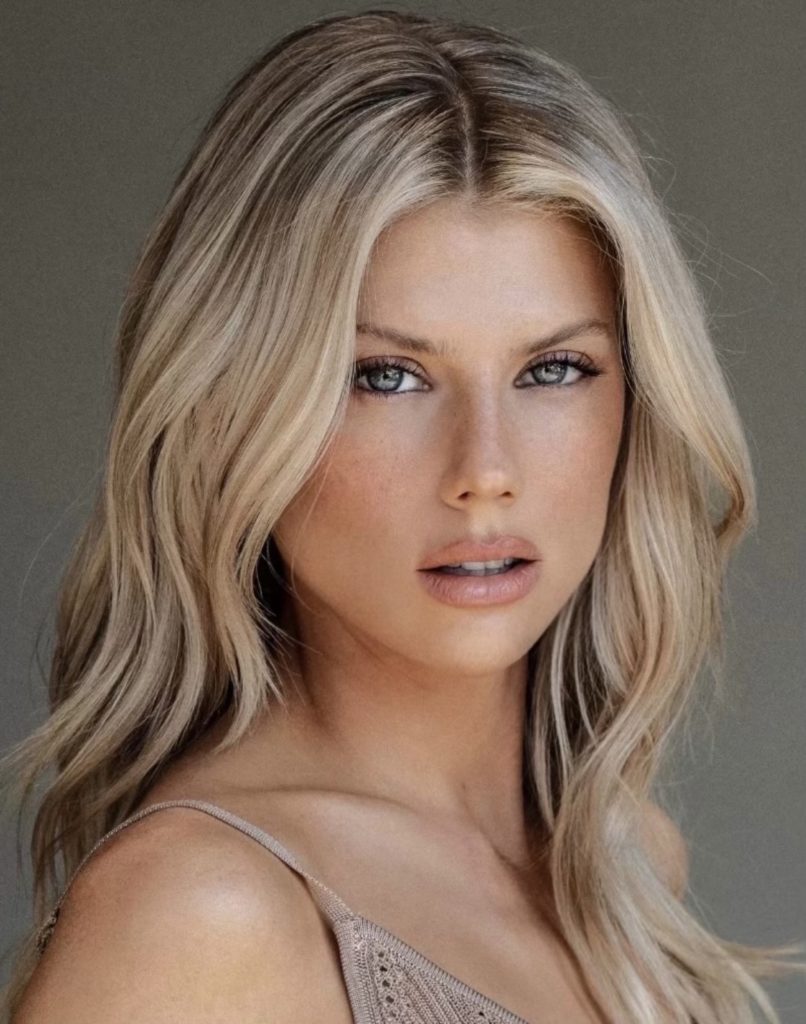
How have you managed to balance a schedule of traveling all over the world with your daily medical needs? Have you ever had to turn down a job because of how you’re feeling?
I always see my urologist before I leave town. If it’s a big trip, I make sure I have every medication on the planet. My suitcase is sometimes all medication. So I try and really prepare as much as I can in case something were to happen. I have had to turn down several jobs because of how I’m feeling, which to me is the kicker that bothers me the most. I hate to be the one to say no or not show up to an event or something like that. So that’s something that’s been super challenging.What has it felt like to present a picture of health and beauty in photo shoots while you’re actually in a lot of pain on the inside?
I think that’s why I was so excited to do this. I’m trying to find more ways to talk about it. What I’m trying to promote is that you can be the picture perfect person and still have chronic illness and deal with a lot of pain and things like that, whether it’s mental or it’s physical. I like sharing that side. I think it’s important now. I’ve always shown a pretty picture and I’m ready to kind of share a little more.Have there ever been times when you haven’t felt seen and heard by the medical community, or even by your friends and family?
There’s definitely times where I don’t feel like I’m being seen. I feel like sometimes meeting new doctors, and just the whole doctor thing, can be a big challenge. Everyone has their own opinion, and at the end of the day, they don’t know how I feel. So that’s a big challenge. And I think sometimes, friends and family not totally understanding what I’m dealing with, just being like, “Oh, she’s being lazy or she doesn’t want to do it.” And it’s more that I physically can’t.“A big challenge is sometimes friends and family not totally understanding what I'm dealing with, like, ‘Oh, she's being lazy or she doesn't want to do it.’ And it's more that I physically can't.”
How has your perspective on your condition changed over time, and can you describe any moments of humor or embarrassment that have happened along the way?
My perspective on my condition has changed dramatically. At the start of when I was diagnosed, I was in a super depressed state and felt super hopeless. But I’ve built a community. And I think talking with other women has really helped me. We all have our thing, and that’s what I was handed and that’s what I have to deal with and I just use it as something that is a part of me now.
How have you been able to build a community of like minded people that understand what you’re going through and can be a true resource and support system for you?
I’ve built this community by just being on Instagram and looking things up and finding these profiles about it, and these girls reaching out to me. I know a girl who has a podcast simply just about IC, and that to me was such a game changer. It’s when I realized I needed to share it because it really, really helped me knowing other people suffered with it. At the start, you just think you’re alone.
In what ways has it actually brought you closer with your boyfriend?
I think at the start it was really hard for both of us to understand and manage. And taking it out on him or him not quite understanding. So now we know, and he knows when I’m not well, and we just kind of go with the flow of it. And I’m super grateful for his support.
What do you wish you could help people understand better about interstitial cystitis and chronic pain in general?
At the end of the day, what I want people to understand is that just because you look a certain way or you’re smiling or you’re taking pictures or you’re traveling, it doesn’t mean that’s always the case. We all have that thing we have to deal with.
What are you looking most forward to about becoming a Sollis member?
A lot of the time, I randomly have to get blood work, IVs, B12 shots—even get prescription refills. I’m happy to have a full-circle solution available to me. It’s going to be a game-changer.
Any good words to live by?
With health and wellness, just listen to your body, avoid stress at all costs, and live a healthy lifestyle.
